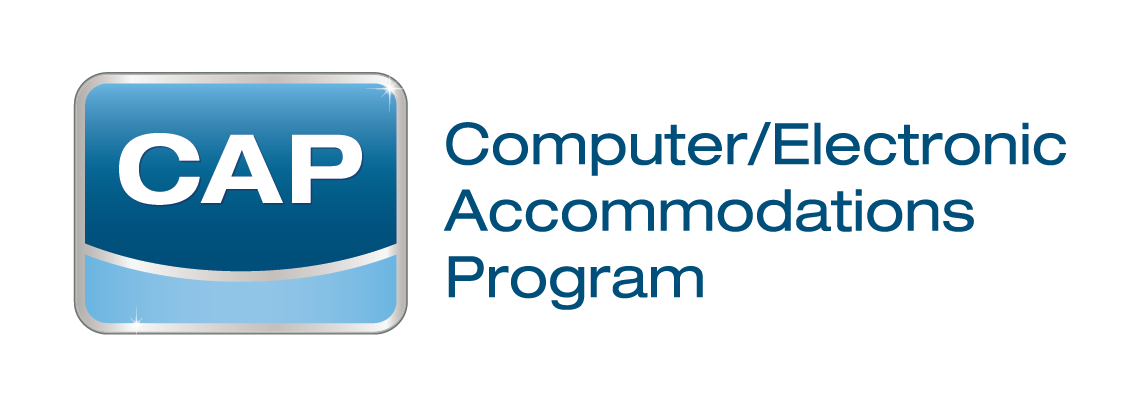Accommodations
As a centrally funded Department of Defense (DoD) resource, CAP provides assistive technology devices and services as reasonable accommodations at no cost to the customer or their employing agency. The assistive technology devices may be effective and appropriate tools to allow an individual with a disability to perform their essential job duties. To find the most appropriate solution(s), you may choose to search the CAP website for specific assistive technology, browse by disability category, or request a needs assessment. CAP cannot list all possible accommodations that are available. However, if you do not see what you are looking for, or would like to request an item not on the CAP website, you may manually input the product information during the request submission process by clicking “Add Your Own Accommodation” when viewing the cart. CAP suggests that when manually entering the product, CAP recommends providing as much information as possible and, ideally, a link to that product. Each request is reviewed on a case-by-case basis to ensure the validity of the request and that it is the most reasonable and appropriate option. CAP reserves the right to request documentation to support a request for accommodation and maintain acquisitions integrity. Documentation may include items such as medical documentation of a diagnosed condition or a telework agreement for duplicate items and that CAP is able to procure that item under Federal Acquisition Regulations. Additional justification or information may be requested to ensure the requested option meets CAP's requirements.
Note: DoD employees with disabilities and wounded, ill, and injured Service members can submit accommodation requests. Non-DoD employees with disabilities must request assistive technology and accommodations through their agency.
CAP also offers Needs Assessments for both, DoD and Non-DoD employees. Learn more about and request a Needs Assessment.
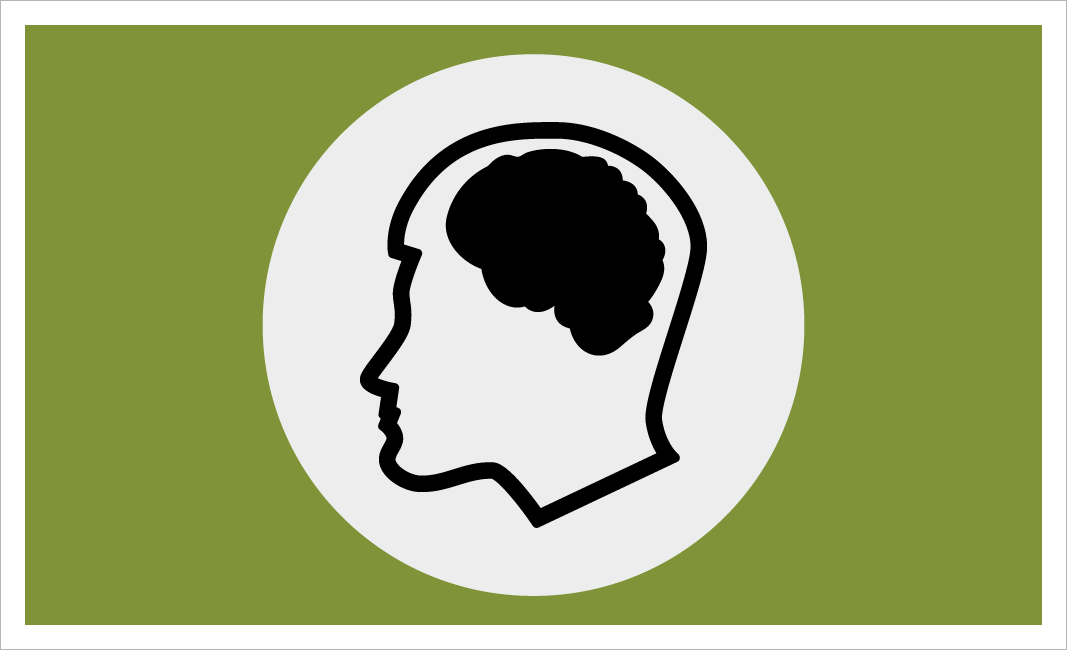
Cognition
Cognitive conditions affect thinking, memory, and focus. Examples include dyslexia, attention deficit hyperactivity disorder (ADHD), multiple sclerosis, stroke, Alzheimer’s, post-traumatic stress disorder (PTSD), and traumatic brain injury (TBI). Challenges may involve memory loss, poor concentration, disorganization, or difficulty with language and orientation.
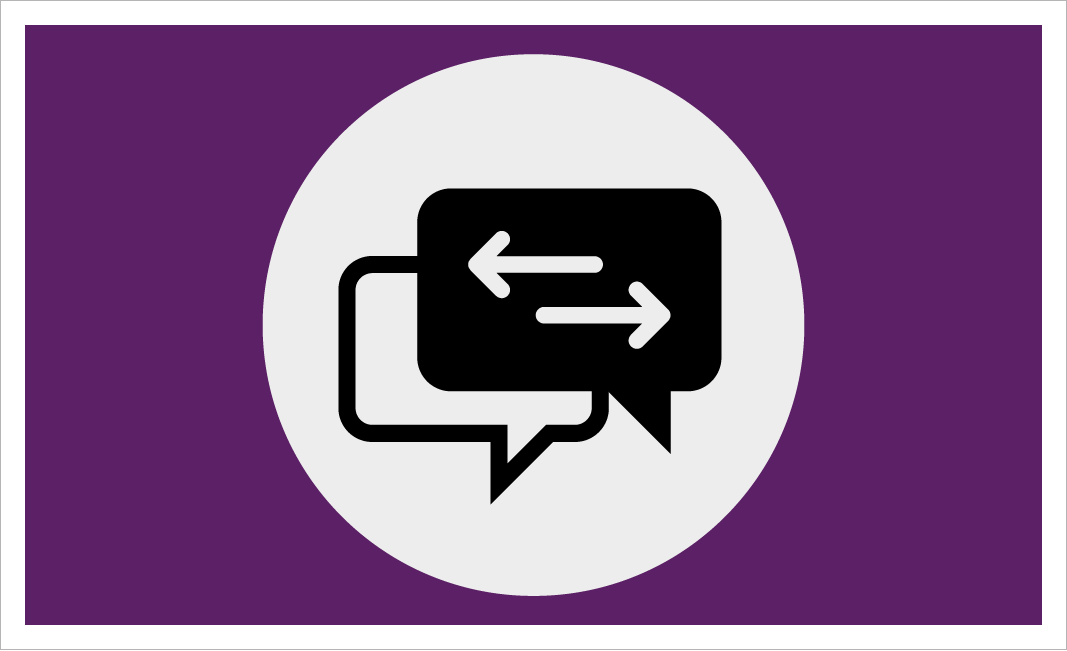
Communication
Communication conditions impact an individual's ability to communicate verbally. Examples include apraxia and voice disorders, which may result in low speech volume or non-verbal communication.
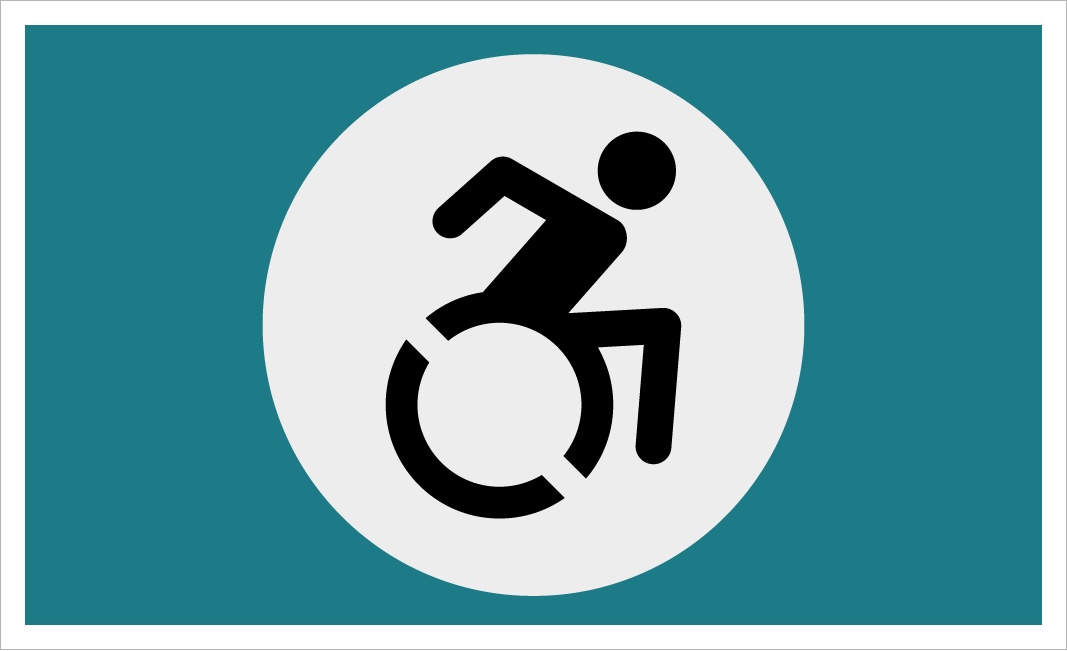
Dexterity
Dexterity conditions are physical disabilities that affect the function of one or more limbs. Examples include carpal tunnel, Multiple Sclerosis (MS), cerebral palsy, arthritis, or amputations. Limitations may involve reduced range of motion, muscle control, paralysis, spasms, tingling, or numbness.
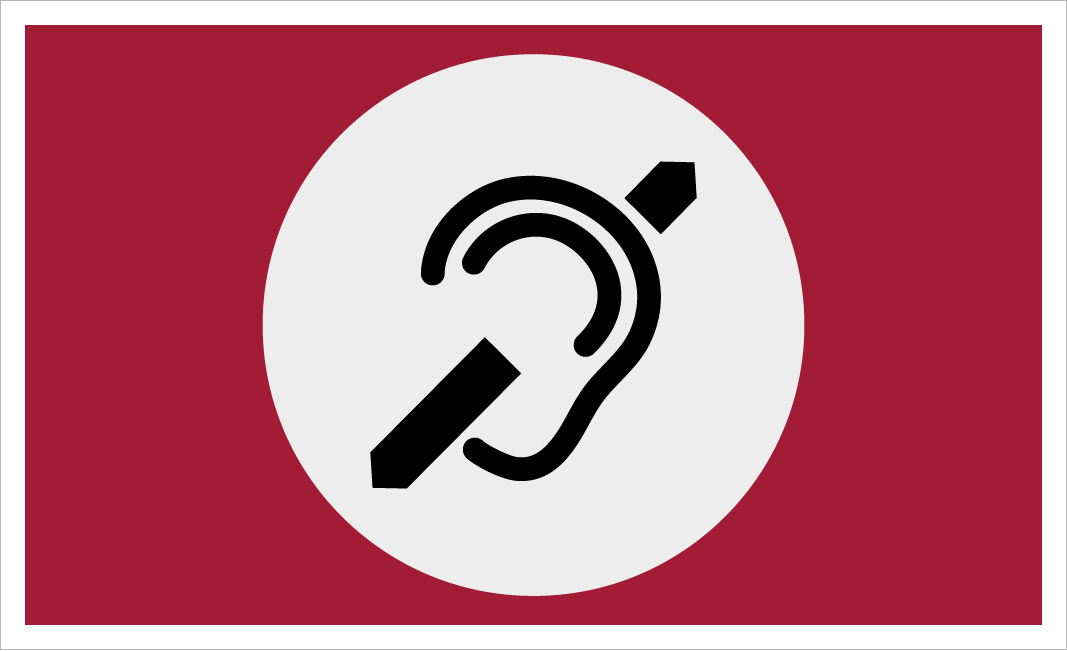
Hearing
Hearing conditions affect the ability to hear partially or completely. Examples include otosclerosis, tinnitus, and deafness , leading to difficulty perceiving certain volumes, tones, or frequencies, or complete hearing loss.

Vision
Vision conditions affect the ability to see, either partially or completely. Examples include glaucoma, cataracts, macular degeneration, retinopathy, or blindness, leading to blurriness, blind spots, floaters, tunnel vision, or other visual disturbances.

